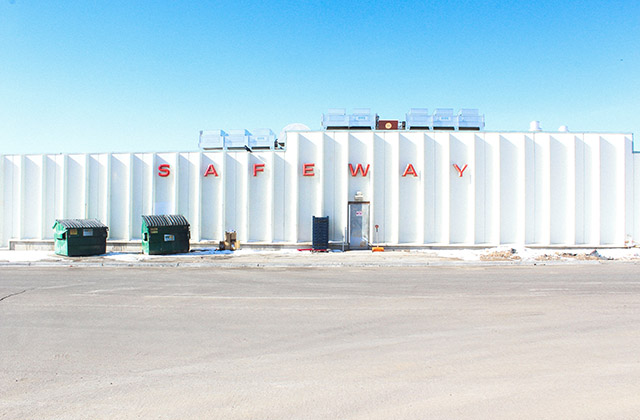Waste Disposal and Recycling Tips for Businesses
Introduction
The world has become a much greener and cleaner place since the early 2000s, thanks to the rise of recycling programs. But there is still work to be done when it comes to waste disposal and recycling—especially among businesses. Nowadays, recycling should be something that every business does as part of its regular operations: throwing away or trashing recyclable materials is no longer acceptable for any company looking to remain environmentally friendly and sustainable. So if you’re looking for some tips on how best to handle your company’s waste disposal without wasting money or resources… keep reading! It’s obvious that most of our residents want a proper disposal to avoid unpleasant odor so we provide a bin hire Adelaide for them.
Businesses are some of the worst offenders when it comes to waste disposal.
As you’ve likely heard before, businesses are some of the worst offenders when it comes to waste disposal. In fact, according to the Environmental Protection Agency (EPA), businesses in the United States produce more than 250 million tons of waste every year. That’s an astounding amount!
The reason for this is simple: Businesses create large amounts of waste through their daily operations and activities like manufacturing and shipping goods to clients. When you’re running your business day-to-day, it may be difficult to keep track of how much waste is being produced—and how that waste can be reduced or recycled instead of tossed into a landfill.
Businesses should have a plan for disposing of things like metals, papers, and plastics.
If you are in the business of selling products, either online or in a physical store, it can be easy to overlook how often you need to replace items.
Your customers will expect their orders to arrive on time and with everything that was promised. If something goes wrong, this can mean lost sales as well as damage to your brand’s reputation.
You should make sure that your company is equipped to handle any issues that may arise from things like late deliveries or damaged goods (and many more). You’ll also want to think about what happens when those products become obsolete.
Do they end up in landfills? Or maybe they get sold by resellers who then pass them along into other homes or businesses where they might not be used properly–or even at all! This is where recycling comes into play: it reduces waste by reusing materials instead of tossing them out into dumpsters like garbage cans (which isn’t really even an option at all).
Don’t throw away your old electronics.
When disposing of old electronics, it’s important to properly dispose of them. While you may think you’re doing the right thing by tossing your old computer in the trash, this isn’t the case. There are better ways to responsibly get rid of your devices than throwing them away in a landfill. Rather than regular recycling or even composting, there are very specific methods for getting rid of some types of electronic waste (e-waste).
It all depends on what kind of material is inside your device: if it has lead or mercury, then don’t recycle it! Recycle programs won’t take electronics that contain these metals because they aren’t safe for workers who would handle them later down the line. Instead, look for e-waste drop-off locations near you (like Best Buy stores) so that someone else can properly dispose of these items instead of letting them sit at home until they break down into smaller pieces and become hazardous waste instead!
Recycling is easy for businesses, so there’s no excuse not to do it.
Recycling is a great way to reduce the amount of waste you send to landfills. It’s also a great way to reduce your costs and get rid of old materials that you no longer need. Recycling bins are easy to purchase at many retailers, so there’s really no excuse not to recycle everything you can.
Recycling is also good for the environment because it reduces the amount of trash that ends up in landfills. Even if you don’t have any experience with recycling or waste disposal, there are plenty of resources available online that can help walk you through everything from finding out what items can be recycled in your area to how much money businesses save by recycling their materials.
With the right knowledge and preparation, proper waste disposal can be easy for any business.
With the right knowledge and preparation, proper waste disposal can be easy for any business. Your company may have a recycling plan in place already, but if not then it’s time to put one together.
Your first step is to determine what type of materials need to be recycled. Paper, plastic and metal are all common materials that businesses produce or use on a regular basis. After you’ve identified your products, it’s time to figure out how to get rid of them properly instead of just throwing them away. This is where things get complicated: different cities and states have different rules about what goes where when dealing with recyclables like paper or plastics. Your best bet is contacting your local government officials who will know exactly how they want things handled within their jurisdiction!
Conclusion
Waste disposal is a complex and often difficult task for businesses. However, with the right knowledge and preparation, proper waste disposal can be easy for any business. Waste disposal regulations are constantly changing, so it’s important to stay up-to-date on what your company needs to do in order to comply with local laws. In addition, recycling is an excellent way for businesses of all sizes to reduce their impact on the environment while also saving money! Visit us to check our skip bins colors.


